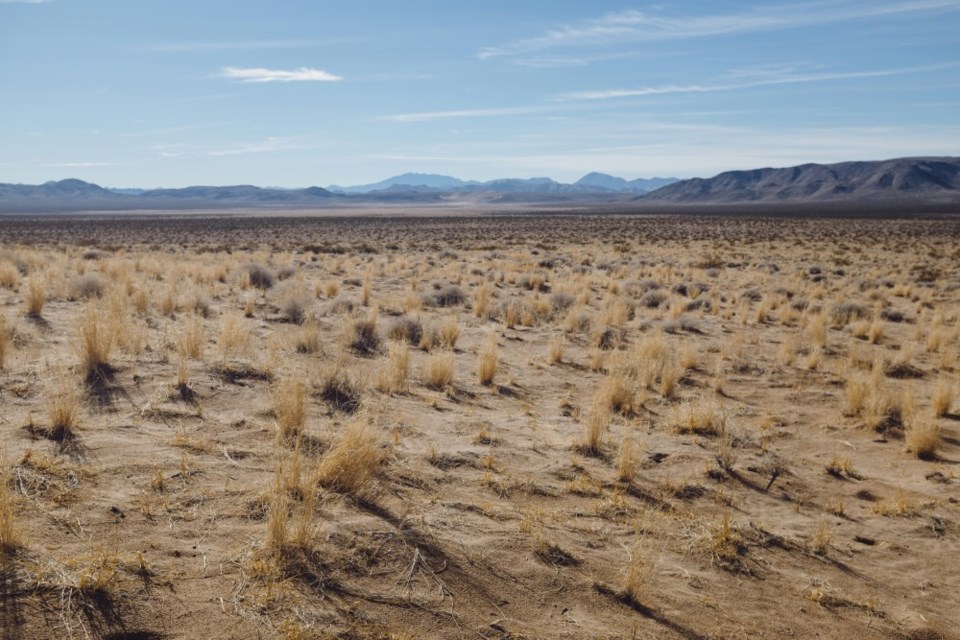This week in our annual cycle of Torah readings we open the Book of B’midbar, or Numbers. B’midbar means “In the wilderness,” referencing that 40 years as the Israelites made their eventual return to the Land of their ancestors. This is a land of between’ness, a land that shelters the people between their leaving Egypt, enslavement, and the land of their homecoming, eretz Yisroel.
The wilderness held then, as it does for many today, bewilderment, potential danger, a sense of longing for what was and a promise of what will be. B’midbar is where many of us live today, as we seek sanctuary and sensibility of body and of mind. Zornberg describes B’midbar as a great and terrible wilderness. This generation of Israelites will only experience the constrictions of Egypt and the terrors of betweenness, as they will not step into the Land – only two souls from that generation will step across the JD. ordan.
Torah is our Book of Life – we are born, we live the number of days we are granted, we die. If we are given years between birth and death, we live in B’midbar, and in those days we face great potential for blessing – and for adversity.
Midrash teaches us that in the very wilderness of B’midbar we also find word – Ein midbar ela dibbur. Wilderness is nothing but Word. The struggle in these texts is not just fact of word, but faith in word. How did a people then, and perhaps more particularly now, hold faith? All the Biblical miracles that enabled the Israelites to leave Egypt were insufficient apparently to quell misgivings and longing for return, albeit to certain hardship. The devil we know is often preferable, it would seem.
But there were also many words of great faith, many words of deep consideration of what it meant to hold a future bound to a people, and not just to a particular individualized future. For that is the great story of Sinai, the great story of hope that Torah brings to this world. We are bound not just to our own individual story, but to a people, and to a God who will guide us constantly towards our capacity to emulate God: in compassion, in justice, in endurance.
And we also learn in that great en route of Torah and probably in our own lives, that to be skeptical is not to deny God but to engage with God, to challenge God, to demand God’s Presence. Our own incapacity is often seen as a world empty of God’s Presence. B’midbar reminds us over and over that it is we who cannot see, we who are bereft of vision. The vast emptiness of the wilderness, that tiny burning bush, the cleft in the rockwall, all these images of God’s Presence, are mere glimpse of an eternal Presence, both infinitesimal and vast.
Many people think of Jews and of Judaism as a people of questions. Questions are indeed foundational to who we are. Those questions are designed to search out the Eternal One in the clefts of our own rockwalls, our hearts, our eyes, our capacity to see beyond our own limitations. Our questions are meant to bring God in, not keep God out.
That wilderness holds our doubts, our fears, and it holds wonder. Torah in giving us these word-stories of wild places, just as Maurice Sendak knew, allows us to face into the very plagues of our existence and then turn, each one of us, to our peoples and say Yeish, yes, this is where I belong.
Rabbi Lynn Greenhough is rabbi with Victoria’s Jewish Reform community – Kolot Mayim Reform Temple.
*This article was published in the print edition of the Times 91原创 on Saturday, June 1st 2024
You can read more articles on our interfaith blog, Spiritually Speaking at /blogs/spiritually-speaking



